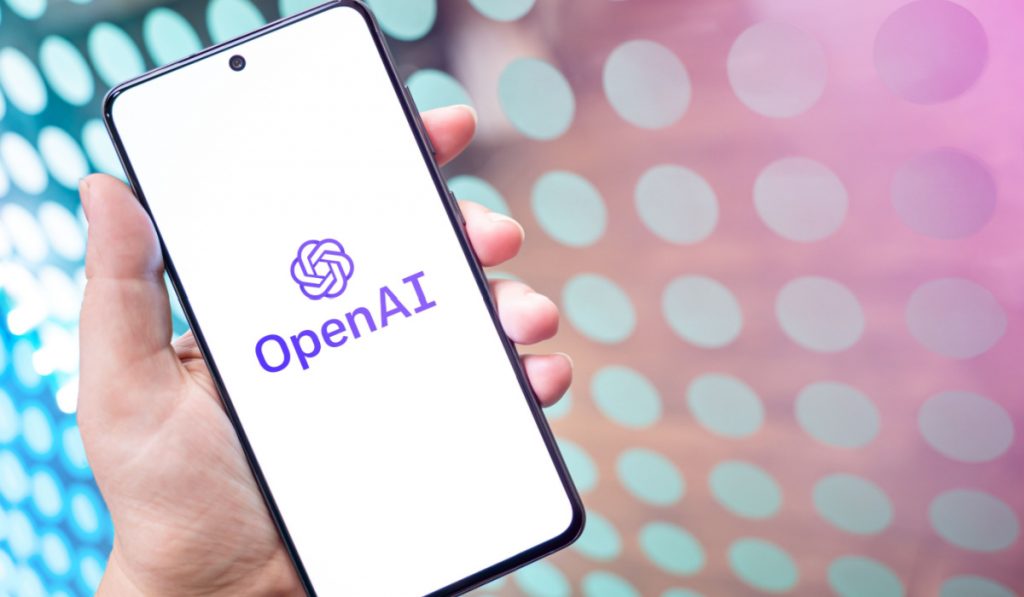Highlights:
- Developers can provide ChatGPT with new data that it otherwise wouldn’t have access to using OpenAI’s recently introduced plugin feature.
- A plugin made by OpenAI allows ChatGPT access to a Python interpreter, a device that can convert unprocessed source code into a working program.
Recently, OpenAI LP unveiled a plugin feature for ChatGPT that will let programmers add new features to the chatbot.
According to a blog post on the company’s website, only a “small set” of users will initially have access to the feature. In addition to developers, OpenAI intends to make the technology accessible to ChatGPT Plus users. That is a premium chatbot from OpenAI with quicker response times and more features.
By default, ChatGPT can only access data from the training dataset that it was created with. When generating responses, the chatbot is unable to use any outside resources. Developers can provide ChatGPT with new data that it otherwise wouldn’t have access to using OpenAI’s recently introduced plugin feature.
OpenAI has developed a plugin that enables ChatGPT to retrieve data from the web for demonstration purposes. Bing is used to retrieve information. According to the company, the plugin enables ChatGPT to respond to inquiries that it ordinarily wouldn’t be able to handle.
OpenAI stated, “Plugins offer the potential to tackle various challenges associated with large language models, including ‘hallucinations,’ keeping up with recent events, and accessing (with permission) proprietary information sources.”
Another function of ChatGPT plugins is to increase the functionality of the chatbot beyond text generation. For instance, an online retailer might develop a plugin that enables the chatbot to place orders on behalf of customers.
A variety of other use cases are supported by the technology as well. A plugin made by OpenAI allows ChatGPT access to a Python interpreter, a device that can convert unprocessed source code into a working program. Thanks to the plugin, customers can use the Python code they create with ChatGPT.
In conjunction with the feature launch, nearly a dozen businesses unveiled ChatGPT plugins recently. One of them is Instacart Inc., which has developed a tool to let the chatbot order food from supermarkets. While OpenTable Inc. will provide AI-generated restaurant recommendations, Expedia Group Inc. will use ChatGPT to assist users in creating travel plans.
To identify any potential risks connected to the new plugin feature, OpenAI is currently at work. The startup claims that its engineers have run several tests to find out how plugins might be abused. Additionally, feedback from outside researchers is invited.
The plugin feature finally went live a few days after OpenAI debuted its most recent machine-learning model. The GPT-4 model is a more sophisticated iteration of the neural network that underlies ChatGPT. It is said to be better at difficult tasks like solving mathematical puzzles.





























































